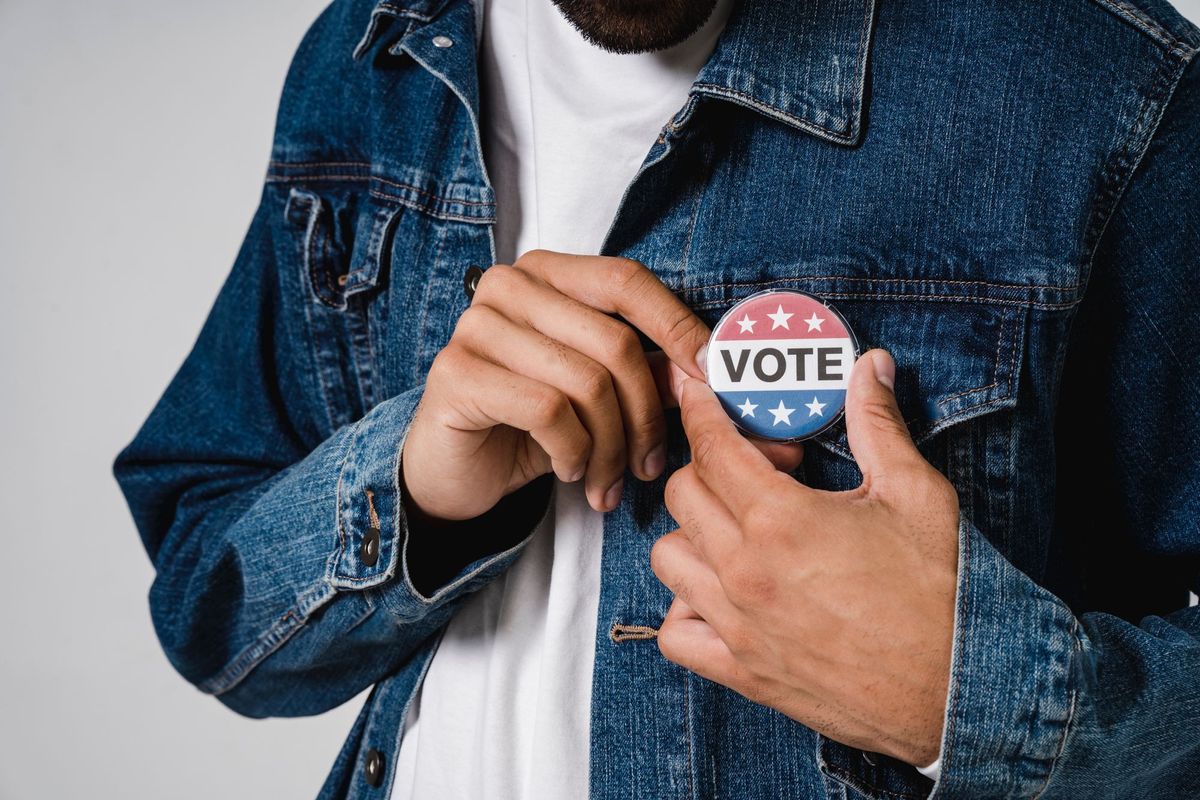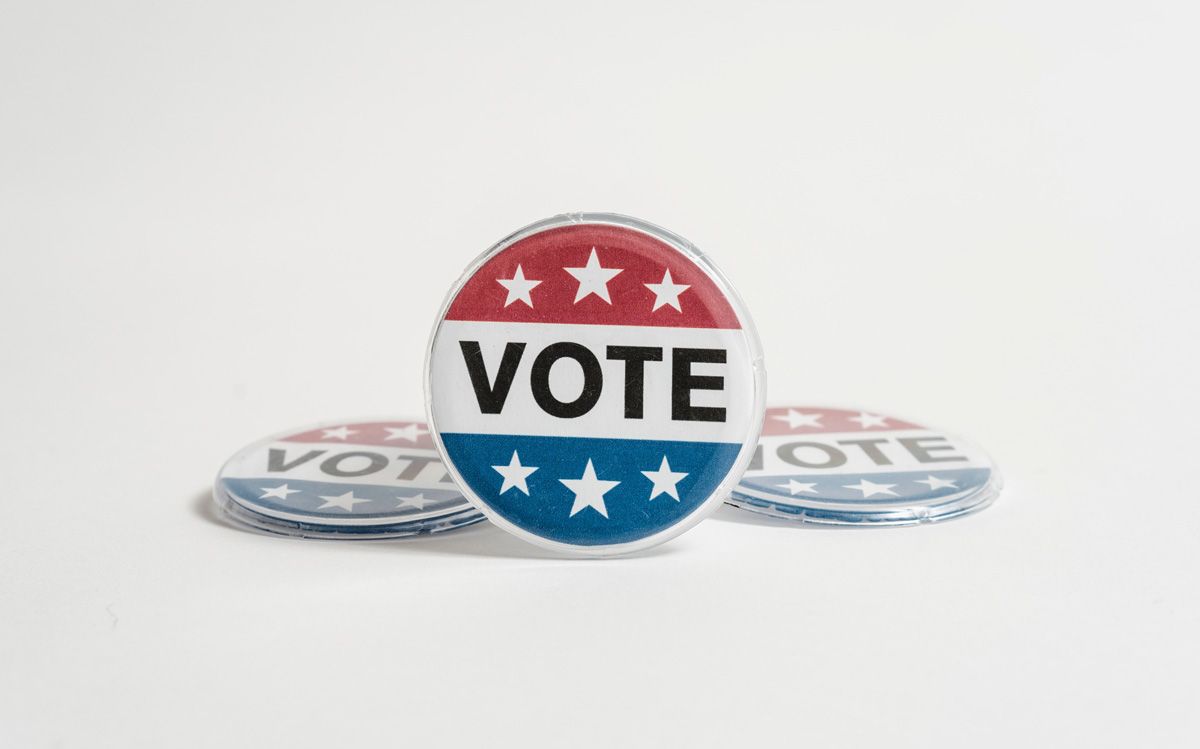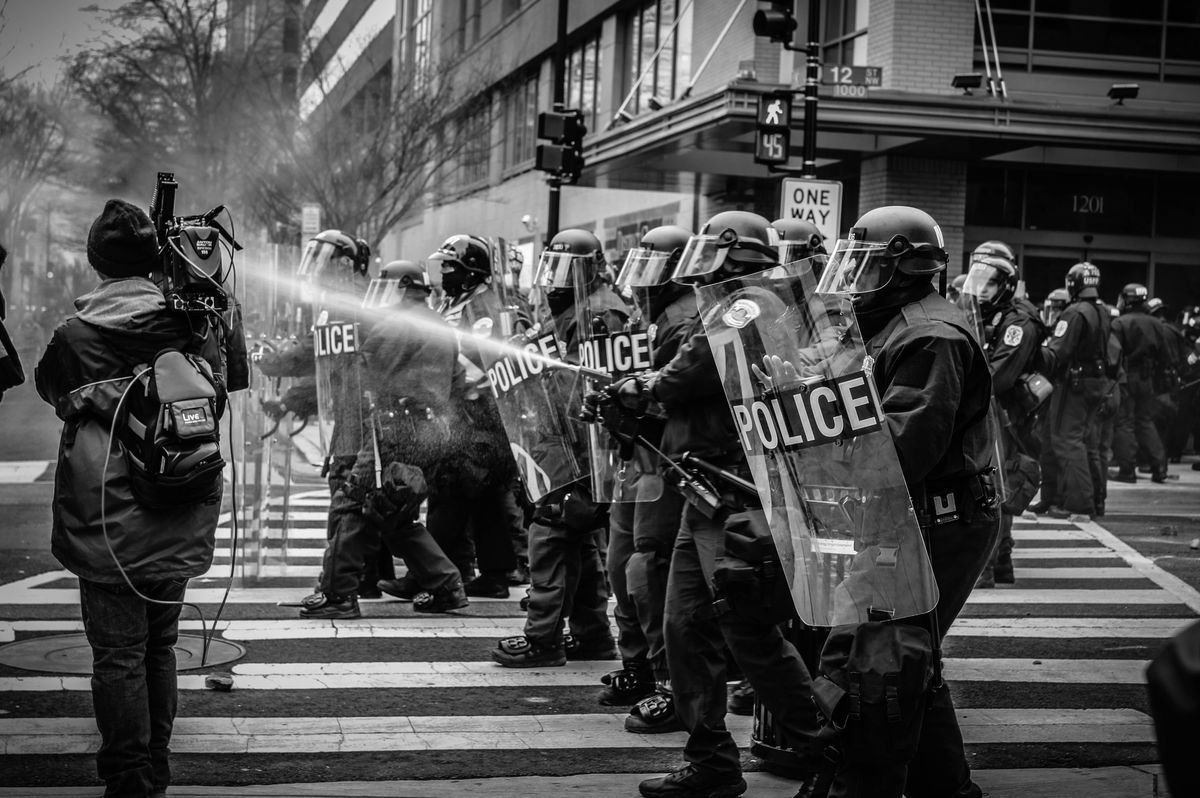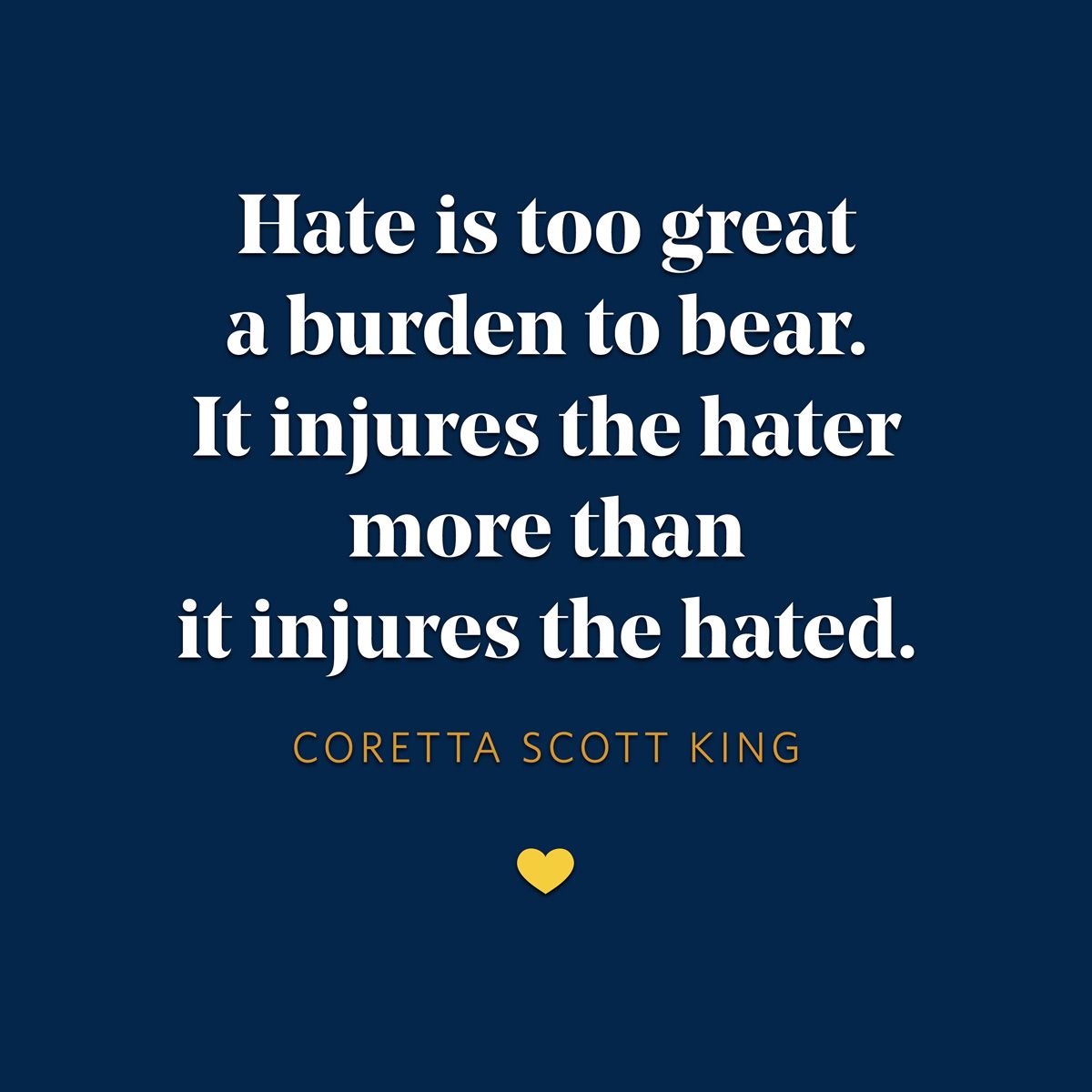Letter from the Editor💛 Hey Reader, Tuesday, September 20, was National Voter Registration Day here in the US. Politics have taken up an inordinate amount of our brain function these past several years and it’s tempting to disengage but it’s important to remember why we should not. Most people in most countries would agree that the ability to vote is one of the most basic rights one can have as a citizen. Although the voting process in some places is less scrupulous than others, a lot of developed countries automatically register their citizens at birth and literally require them to vote, holding elections on weekends or providing time off to ensure that it’s convenient. Absentee ballots allow travelers, expatriates, the disabled, and members of the military to get their vote in. Here in the US our forefathers agreed that each person’s right to vote is fundamental and built it into the Constitution, although it was not amended to include Black men for the first hundred years (1870), nor women for another fifty (1920). Even now, one party or the other—or sometimes both—will attempt to discourage people from voting through more stringent voter registration and ID requirements, gerrymandering, restricted access to the polls by date/time/location, disqualification of mail-in ballots, and more. Voter maps are created and divided along economic lines or, because we’re still so segregated, demographically, targeting the Black vote in particular. This has long been a part of the white nationalist agenda, including some far more brutal tactics such as lynching. Far too often people say, “Why bother? My vote doesn’t really count anyway.”
Beyond all this is the electoral college, an archaic and rather imperfect “safety valve” that rarely works as intended and can swing the vote in favor of more rural, less populous—and disproportionately white—states. (It was also the basis of the “three-fifths” rule for counting enslaved people, thus providing enslavers with more power.) It has, on several occasions, resulted in the less popular presidential candidate “winning” the election. While many have called for abandoning the system, those who benefit naturally support it. All these issues have served to reduce faith in the voting system and inhibit voter turnout. Far too often people say, “Why bother? My vote doesn’t really count anyway.” I would argue that’s exactly how those who’d manipulate the system want you to feel—and they wouldn’t bother if it didn’t affect the results in their favor. There are currently several states whose voters are split pretty evenly along party lines but results are heavily skewed due to these tactics. Is it a bit dispiriting at times? Certainly. But if your individual vote doesn’t always seem to count, your collective vote counts all the more. Martin Luther King, Jr. and Malcolm X, two great leaders who shared a vision for Black equality, didn’t agree on much else, but both understood the importance of voting for the Black community. Beyond the debate over whether one can or should vote, there’s the question of how they vote—how informed they are about the candidates and the issues, how they rank what’s important to them, and which elections they participate in. Voter participation in America lags behind that of most other developed countries, in part due to the reasons listed above, but also because we have more elections than many and most voters tend to ignore the “local” elections. What they don’t stop to think about is how the local officials have a lot more effect on their day-to-day lives than the President or Congress. Will the new highway have tolls—will you have to pay an extra dollar to take it to work every day? Can a developer turn the quiet neighborhood next door into a shopping mall and high rises? Will the school system bus your children an hour across town? These all matter a lot more directly to you and your family than space stations and peace accords thousands of miles away (which isn’t to say that these things don’t matter!). And that mayor or state legislator you did—or did not—agree with, will quite possibly go on to be governor, senator, or even president; your local vote, early on in their career, will help determine that. For Black folks, the Indigenous, and other People of Color whose lives have always hung in the balance even in the best of times, it is difficult to be cavalier.
Regardless of how often they vote, a lot of people don’t put a ton of thought into who they vote for—often only the “red” or the “blue.” Both my daughters have been appalled to hear roommates say “I’m voting straight ticket for party X because that’s who my family has always voted for,” even though my daughters knew the party represented multiple issues with which their roommates disagreed. Were they even aware? My daughters don’t think so. Similarly, some people will vote based on the dictates of their church, place of work, or other group with elevated importance in their lives. There is undoubtedly a chunk of white privilege in this lackadaisical approach, and probably supports patriarchy at times when it might not be in the voter’s best interests. The young women/roommates, having grown up when they have, might not be able to imagine having less say over their careers, their finances, their relationships, or their bodies, but all of these things quite possibly hang in the balance right now. For Black folks, the Indigenous, and other People of Color whose lives have always hung in the balance even in the best of times, it is difficult to be cavalier. They might self-define as more liberal or conservative, favor a particular issue, or even serve on the local police force, but they seldom have the luxury of being so flexible. As an oppressed minority, the best hope for their entire demographic to move the needle is to vote as a block. There’s a reason why people will say that Black folks—and Black women in particular—have saved the country from itself on multiple occasions. 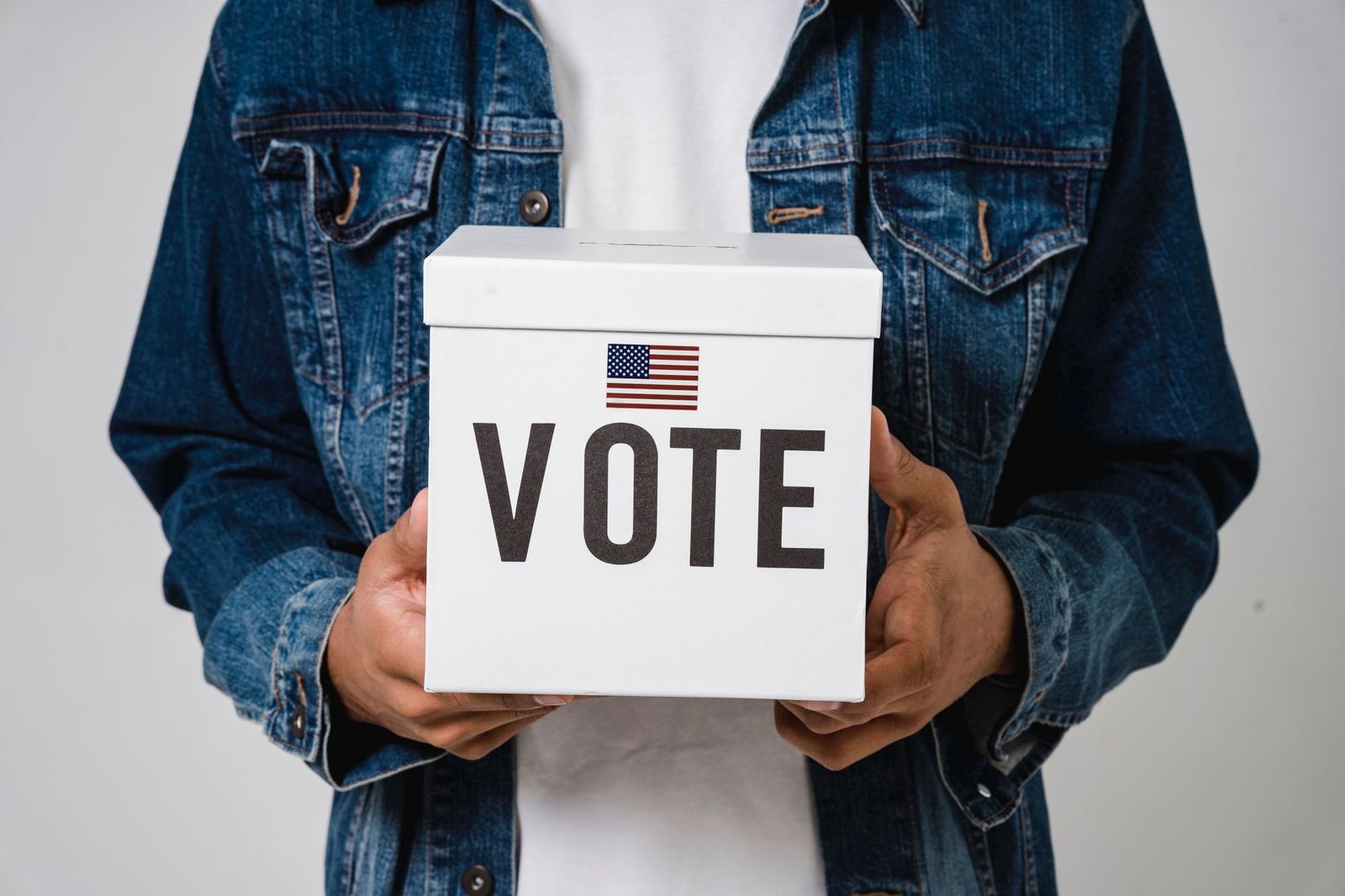 Some voters—probably of any color—will feel strongly enough about a concern to be a one-issue voter, whether it’s because they’re the end of several generations of farmers or coalminers, they live on the country’s border, wildfires have decimated their homes, they’re pro-life or pro-choice, or again: white nationalists. While some of these issues can spring from legitimate concerns, far too often they are fanned by divisive rhetoric and mostly unfounded fears. How else to explain someone feeling the need to own an entire arsenal of weapons, while ignoring their family’s lack of healthcare? Regardless of how well informed a voter is, the issues they support, who they allow to influence them, or how you or I might feel about their opinions, they feel like their candidate(s) are the best choice for their vision of America. The truth is, there are many major and often conflicting priorities across this large and diverse country, but only one has plagued us since day one: the scourge of racism. It has hurt and held back Black, Indigenous, and People of Color, of course, but it has pervaded everything we do, it has made us all lesser, and kept America from reaching its highest potential. It has defined us the world over. Name-calling closes the ears of both the speaker and the target.
We need to target racism ruthlessly and relentlessly, shine a bright light into every dark corner it inhabits, wipe it out once and for all. And one of the best and easiest ways to do that? Quite simply, vote. Vote for all Americans. Support all Americans. Enable all Americans. It would be easy to tell you to vote for a certain party or give you a list of my “ideal” candidates. You could call me woke, or progressive, or a libtard. There are even some who’d call me conservative! Name-calling closes the ears of both the speaker and the target. Truth is, I’m an independent who cares about human rights. American rights. So let’s stop splitting everyone into two easy buckets, and get back to the messy business of supporting real, live people. And vote—please.  On an unrelated but also important note, National Hispanic Heritage Month kicked off last Thursday! Try to take a few hours or a day before October 15 to view a Latinx display at your local art museum . . . read a book by Gabriel Garcia Marquez or Isabel Allende . . . listen to Ricky Martin, Camila Cabello, or J Lo . . . watch a movie or play featuring Lin Manuel Miranda, Sonya Braga, Danny Trejo, or many more. Coco! Encanto! Although we lump Hispanics into one cultural bucket, they actually represent a beautiful diversity worth exploring. Love one another. Sherry Kappel
OHF Weekly Managing Editor
More from Our Writers Politicians know voting is about power, and you should, too.By Michael Greiner A friend of mine with whom I worked in municipal government made a pointed observation: “People who live in trailer parks don’t pay taxes and they don’t vote,” he said. “As far as I’m concerned, they don’t exist.” Based upon his statement, I’m sure you can imagine how much consideration elected officials give to residents of trailer parks. In case you’re pondering the matter, the answer would be zero. With his statement, he revealed a reality that is known to politicians, but often not discussed publicly: voting is about power. If you don’t vote, you have given up your power. Throughout my career as a political activist I have heard various arguments regarding whether it’s worth it to vote or not. “People are dying for the right to vote,” argue posters displaying pictures of South Africans, Eastern Europeans, or Chinese people at Tiananmen Square protesting for the right to vote. The picture of the man single-handedly blocking the Chinese tanks is good for that. Read the full article. When people of any background sought to improve their circumstances at the expense of the superrich, those elites appealed to racism to stop any threat to their status.By Michael Greiner It wasn’t all that long ago it seemed democracy and justice were on the march around the world. Since 1989, when the Soviet Union fell, dramatically illustrated by the crowds dancing on the ruins of the Berlin Wall and tanks turning against the overlords in Moscow, it seemed that power really was shifting to the people. Our existential opponent, Soviet communism, was defeated; the ideology of freedom and democracy had won. There was even a popular song at the time by the band Jesus Jones with the lyrics “right here, right now, watching the world wake up from history.” It wasn’t all hype. As one dictatorship after another fell, the new governments pledged a commitment to free and fair elections, as well as the other institutions of democracy. According to the international research organization Freedom House, the number of countries it rated as “not free” fell to an all-time low of thirty-eight in 1992. It was an exciting time. We worried, of course, about these newer democracies. Countries such as Russia and Hungary had not yet developed the robust democratic institutions and traditions that protected American democracy. It’s one thing to write a constitution on paper, but to turn it into a living breathing document that governs society is an entirely different thing. New York Times columnist and Nobel prize winning economist Paul Krugman remembered a friend of his, an international relations expert, making a joke during that time: “Now that Eastern Europe is free from the alien ideology of Communism, it can return to its true historical path – fascism.” The sad reality of hindsight is we know what happened. Once promising democracies such as Russia, Hungary, Venezuela, Turkey, and India have devolved into authoritarian dictatorships. Even though they may retain many of the institutions that symbolize democracy, those institutions have been weakened, co-opted by the powerful to keep them in power. Although the elites are always the minority, they manage to maintain their privilege through tried-and-true manipulations by giving some small benefits to one group while turning that group against others. They scare the group to whom they have shared scraps from their bountiful table by warning them that these other, lesser groups can displace them as the recipients of these benefits. Read the full article.
GivingAmerica is in this weird place. On the one hand, we make small advances in being a more equitable society. On the other, we take massive steps backward, returning to habitual practices that denigrate Black, Indigenous, and People of Color. Our Human Family is committed to racial equity, allyship, and equality. We know the changes we seek won’t come overnight. We’re in it for the long haul, but we can’t achieve our goals without you. Please consider supporting us with a one-time or monthly tax-deductible donation to Our Human Family. No amount is too small. Thank you.
Final Thoughts
|
